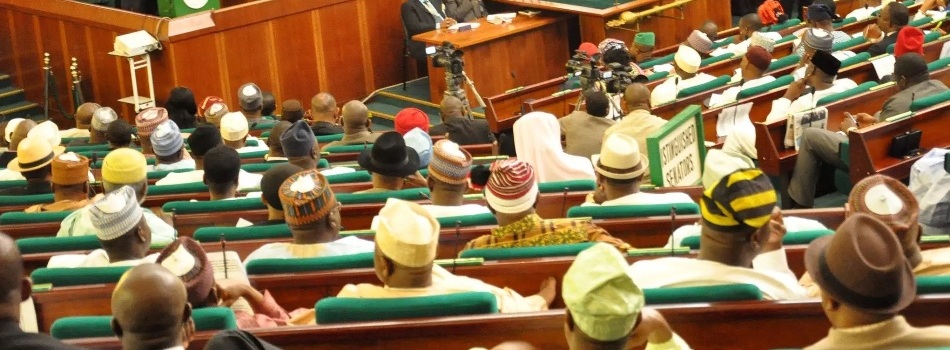From Jonas Ike, Abuja
The House of Representatives on Wednesday urged the National Council on Privatization NPC and the Bureau of Public Enterprises BPE to immediately suspend its ongoing sale of Afam Power Plc on a fast track transaction basis and allow for repair of of the national asset in phases to enhance its value.
The House equally mandated its Committee on Privatization and Commercialization to invite the Director-General of BPE with a view to ascertaining the status of the project and report back to the chamber in 4 weeks.
The lawmakers also resolved that the Federal Roads Management Agency FERMA do construct and rehabilitate roads leading to the power plant and the relevant government agencies to complete the repairs in phases 4
and 5 of the plant to enhance its value.
These were resolutions adopted after debating a motion on the subjectmatter sponsored by Hon. Ayodele Oladimeji (Ekiti, PDP) on the floor of the House.
Oladimeji while debating the motion noted that the BPE has resumed the Privatization of Adam as a dilapidated asset or scrap on a fast-travk transaction of Adam Power Generation Company earlier suspended as the means to finance the 2018 budget.
He further noted that Sapele Power Plc and Ugheli Power Plc were privatized by the BPE in 2013 in the same manner as the planned privatization of Afam Power Plant Plc and both are now in dire need of financial constraints with other generating companies (Gencos).
He hinted that the Central Bank of Nigeria CBN disbursed N701 billion as payment assurance guarantee due to expire in December 2018 to the Gencos adding that despite that they are still facing serious liquidity crisis.
He also expressed concerns saying that the sale of the Adam Power PLC as a dilapidated asset on a fast track basis will not yeild the disired result envisaged by the Federal Government in privatizing public enterprises as it would likely join the league of 37 non performing public enterprises.
Speaking in support, Deputy Speaker Hon. Lasun Yusuff said that the previous privatization of public enterprises in Nigeria were done awkwardly by government agencies.
The lawmaker said that the power sector is an important sector and indeed the commanding height of the economy that ought not to be controlled by private entities.
Also in his contributions, Hon.Femi Gbajabiamila said that as a House, we must be careful in privatizing government agencies. He said that the nation must be wary of issues of distortion in the sale of public assets.
Other lawmakers as Hon.Sergius Ogun (Edo, PDP) and Hon.Nkiruka Onyejeocha (Abia,APC) also supported the motion saying that the Afam power plant should not be sold without due process not to talk of outright sale as scrap.
Consequently, the Speaker Hon. Yakubu Dogara threw the matter to a voice vote and it was voted for overwhelmingly.
Dogara also mandated the House Committee on Privatization and Commercialization to ensure it properly investigates the matter and report back to the green chamber in 4 weeks for further legislative actions.


